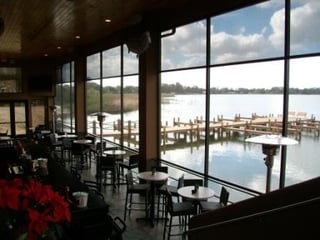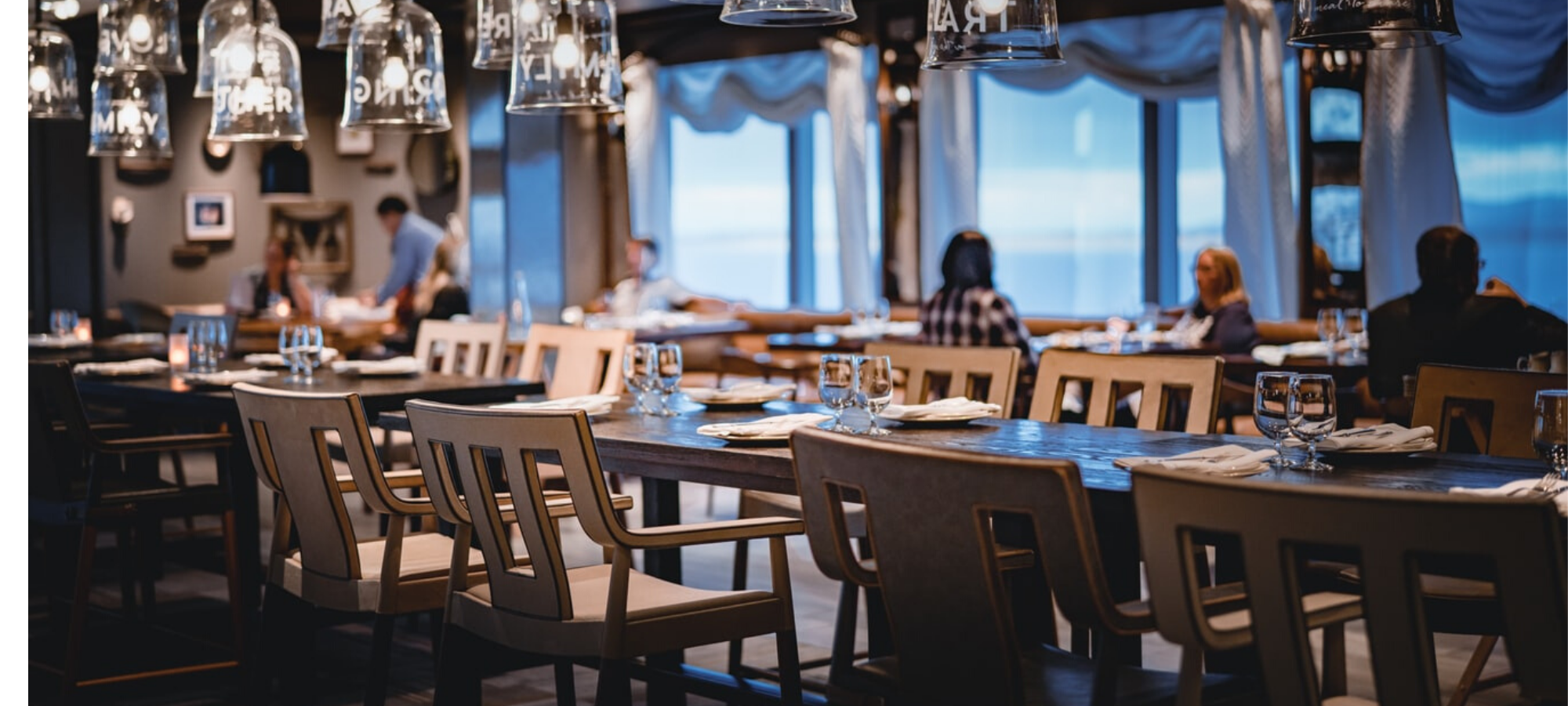A great article published by the National Restaurant Association this week talked about today's diner and four key traits of today's diners. The big takeaway -- today's customer is a far cry from your parent's generation. That's something the restaurant brokers have been talking about for years on our restaurant for sale listings. We frequently advertise our new franchise listings as "fresh" "current" and "not your grandpa's sandwich shop."
According to this quote taken directly from the article, "Today’s diner is more interested in food sourcing, production and sustainability than ever before, and they have specific dietary expectations. To keep up with new demand, restaurant operators are diversifyin g menus to include healthful dishes, snacks, seasonal items, ethnic options, and more." How does that affect you in buying or selling a restaurant?
g menus to include healthful dishes, snacks, seasonal items, ethnic options, and more." How does that affect you in buying or selling a restaurant?
Let's look at the five key characteristics to understand how you will be affected. First on the article's list is value which they define as "a customer trait that values quality over quantity." What does that mean? According to the article, today's customers prefer dining out and the entire food experience versus cluttering their lives with more material things. For today's restaurant buyer, make sure any concept you're launching feeds into this vision for an "experiential" type meal. Make the decor and environment engaging. If you're launching from scratch or buying a restaurant, make your changes around the idea of engagement of the customer. Think small plates served over a period of time versus serving a standard appetizer followed by entree followed by desert. Alcohol pairings and tastings of alcohol definitely fit the bill for something that's more of an experience than a meal.
The second trait of today's diner in today's article is that they are open to new culinary experiences. That means exotic proteins, unusual sourcing and the latest flavor profiles can spell success for someone buying a restaurant a looking to expand the concept.
What's the third trait of today's customer according to this article? They want to save the planet! Is this starting to sound like Millennials? It does to us too! If you're buying a restaurant, look at retrofitting the space and think green while you're at it! That is an easy fix with the number of suppliers that focus on a green approach. The most important thing here is that if you're making your concept green then make sure you're getting credit for it with your customers. Your menu or your table tents need to speak to whatever your restaurant is doing to address a key need for this customer. There are customers that will actually choose a restaurant solely by their commitment to what they term corporate consciousness.
The fourth trait cited by this article is what they call "Watching the waistline and ingredients" and what the restaurant brokers refer to as the health conscious customer. This includes all the "-free" ways that customers want their food like gluten free, peanut free, low-carb and more. While menu labeling is required for larger chains, those that are buying a restaurant should definitely think about adding in as much calorie information as possible and above all, train the wait staff to know what's on the menu that fits their needs.
The final trait of today's customer is called "Traveling the globe, one tapa at a time." Americans are much more global in their palate and range of taste today. We can thank Anthony Bourdain, Food Network, the Cooking Channel, the Internet and just globalization in general for pushing us from our comfort zone. If you're leasing a restaurant and starting from the ground up, this means you may not have to limit your choices at all. Go ahead and think globally in your menu development and flavor profiles.
The bottom line. Many people buying a restaurant are purchasing the inherent cash flow and current culinary practice of an existing restaurant. While you want to safeguard that sales volume and customer base, a focus on these four customer traits can help you layer on additional sales and ultimately, more profit.

 404-800-6700
404-800-6700.png)










